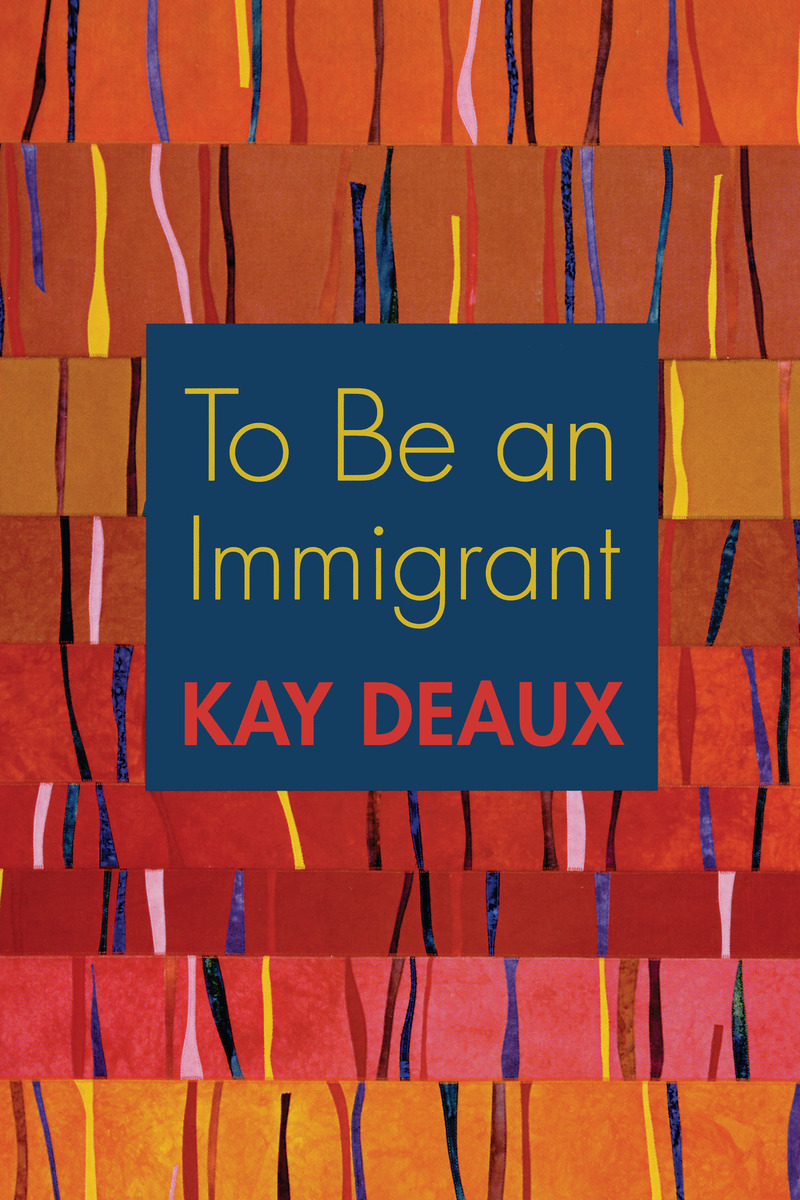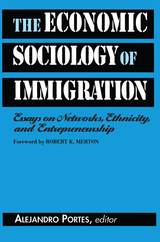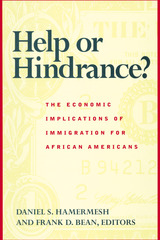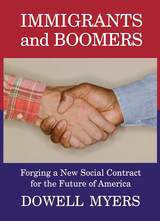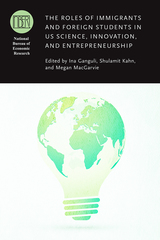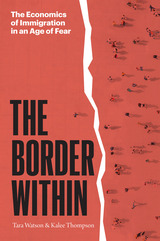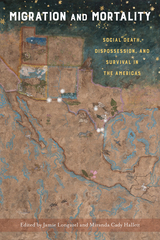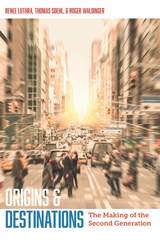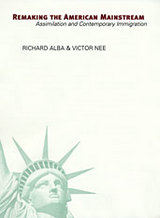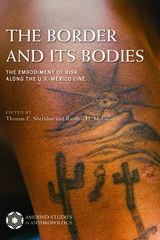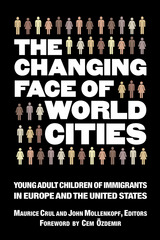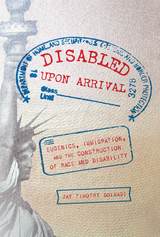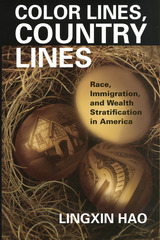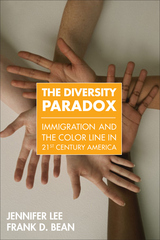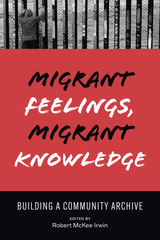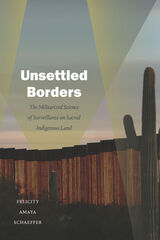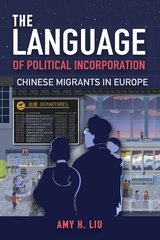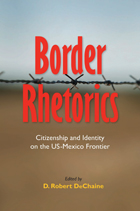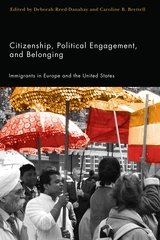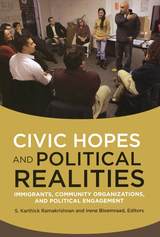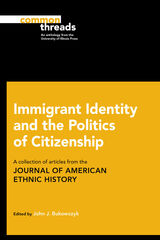To Be an Immigrant
Russell Sage Foundation, 2006
eISBN: 978-1-61044-153-7 | Cloth: 978-0-87154-086-7 | Paper: 978-0-87154-085-0
Library of Congress Classification JV6475.D43 2006
Dewey Decimal Classification 304.873
eISBN: 978-1-61044-153-7 | Cloth: 978-0-87154-086-7 | Paper: 978-0-87154-085-0
Library of Congress Classification JV6475.D43 2006
Dewey Decimal Classification 304.873
ABOUT THIS BOOK | AUTHOR BIOGRAPHY | TOC
ABOUT THIS BOOK
Immigration is often discussed in broad, statistical terms, with a focus on how it affects labor markets, schools, and social services. But at its most basic level, immigration is a process that affects people and their identities in deeply personal ways. In To Be an Immigrant, social psychologist Kay Deaux explores the role of both social conditions and individual capacities in determining how well immigrants adapt to life in their new homelands, and makes a strong case for the relevance of social psychology in immigration studies. To Be an Immigrant looks at how immigrants are defined, shaped, and challenged by the cultural environment they encounter in their new country and offers an integrated psychological framework for studying the immigrant experience. Deaux argues that in addition to looking at macro-level factors like public policies and social conditions and micro-level issues like individual choices, immigration scholars should also study influences that occur on an intermediate level, such as interpersonal encounters. Each of these three levels of analysis is essential to understanding how immigrants adapt to a new homeland and form distinct identities. As a case study for her framework, Deaux examines West Indians, exploring their perceptions of the stereotypes they face in the United States and their feelings of connection to their new home. Though race plays a limited role in the West Indies, it becomes more relevant to migrants once they arrive in the United States, where they are primarily identified by others as black, rather than Guyanese or Jamaican. Deaux's research adds to a growing literature in social psychology on stereotype threat, which suggests that negative stereotypes about one's group can hinder an individual's performance. She finds that immigrants who have been in the United States longer and identify themselves as African American suffer from the negative effects of stereotype threat more than recent immigrants. More than a discrete event, immigration can be understood as a life-long process that continues to affect people well after they have migrated. To Be an Immigrant takes a novel approach to the study of immigration, looking at how societal influences help shape immigrants and their understanding of who they are.
See other books on: Be | Deaux, Kay | Ethnicity | Immigrant | Social Psychology
See other titles from Russell Sage Foundation
